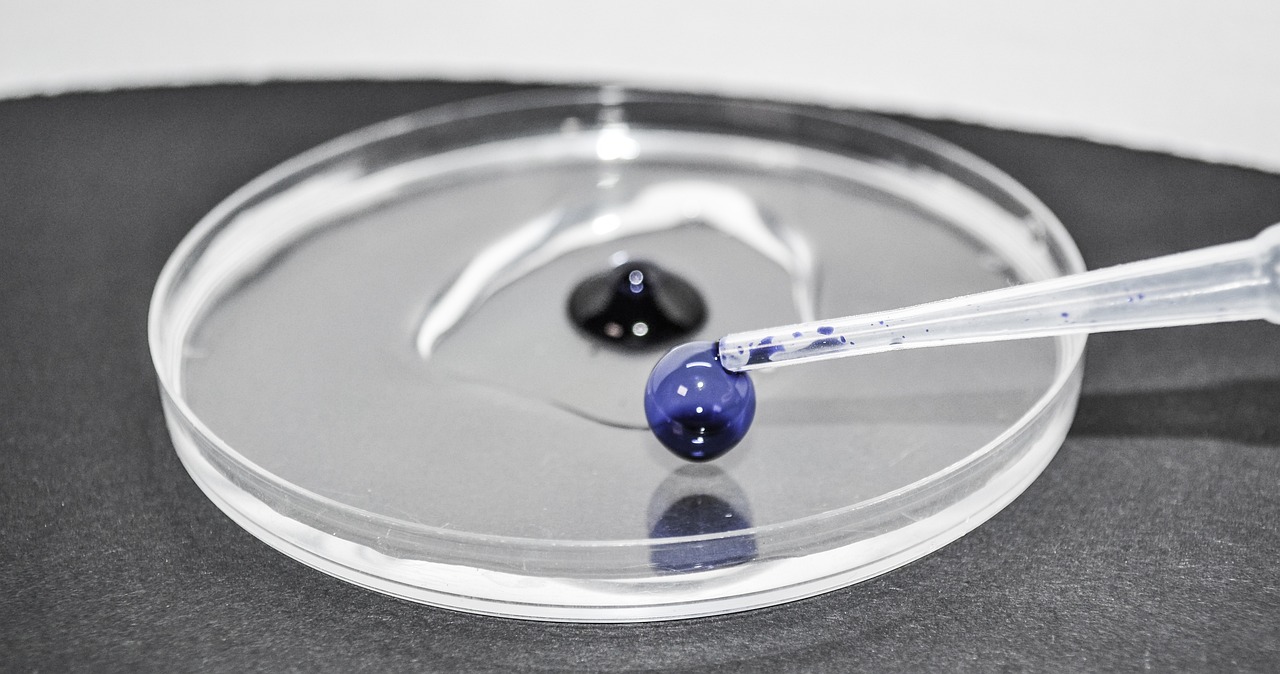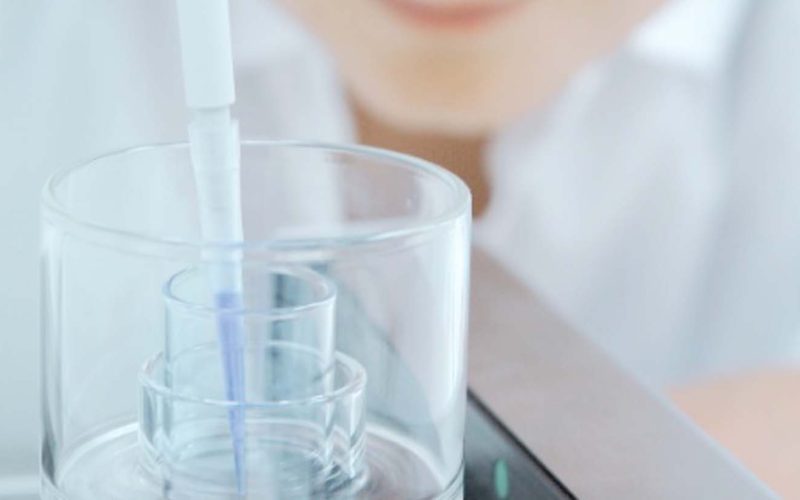Water pipettes are ubiquitous in laboratory settings, serving as essential tools for transferring precise volumes of liquids. These versatile instruments are used in a wide range of applications, from conducting delicate biological experiments to performing routine chemical analyses. Their simplicity, accuracy, and affordability make them indispensable for scientists and researchers worldwide.
Water pipettes, physical characteristics
Water pipettes, also known as Pasteur pipettes, are characterized by their elongated, slender design. They consist of a thin, flexible tube, typically made of glass or plastic, and a bulb-like reservoir at the top. The lower end of the tube is tapered to a fine tip, allowing for controlled dispensing of liquids.
Materials of construction
The primary materials used in the construction of water pipettes are glass and plastic. Glass pipettes offer superior transparency, enabling clear visualization of the liquid being transferred. They are also chemically inert, making them suitable for use with a variety of solvents and reagents. However, glass pipettes are more fragile and prone to breakage compared to their plastic counterparts.
Plastic pipettes, on the other hand, are more durable and less susceptible to breakage. They are also lightweight and disposable, making them convenient for single-use applications. However, plastic pipettes may not be compatible with certain solvents or extreme temperatures.
Common uses
Water pipettes find extensive applications in various scientific disciplines, including:
- Biology: Are used for transferring small volumes of liquids in tasks such as preparing cell cultures, adding reagents to experiments, and sampling biological specimens.
- Chemistry: In chemistry labs, are employed for accurate dispensing of liquids during titrations, solvent extractions, and synthesis reactions.
- Medical diagnostics: Play a crucial role in medical diagnostics, enabling precise transfer of blood, urine, and other biological samples for analysis.
The enduring significance of water pipettes in the modern laboratory
Water pipettes, also known as Pasteur pipettes, have been a mainstay in laboratory settings for centuries. Their simple design, versatility, and accuracy have made them indispensable tools for scientists and researchers across diverse fields. Despite the advent of more sophisticated laboratory equipment, water pipettes continue to hold immense value in the modern laboratory, serving as essential instruments for a wide range of applications.

Unparalleled simplicity and accuracy
At the heart of water pipettes’ enduring significance lies their unparalleled simplicity. The basic design, consisting of a slender tube, a bulbous reservoir, and a tapered tip, enables precise control over liquid transfer. This simplicity translates into remarkable accuracy, allowing researchers to transfer minute volumes of liquids with confidence.
Versatility across scientific disciplines
The versatility of this tools extends across a vast array of scientific disciplines. In biology, they are instrumental in cell culture preparation, reagent addition, and sample collection. Chemists rely on water pipettes for accurate liquid dispensing in titrations, extractions, and syntheses. Medical technicians utilize them for precise transfer of blood, urine, and other samples for analysis.
Affordability and accessibility
In an era of increasingly complex and expensive laboratory equipment, this pipettes stand out for their affordability and accessibility. Their simple design and low manufacturing costs make them readily available to researchers worldwide, regardless of resource limitations. This affordability ensures that even in the most basic laboratories, scientists can access precise liquid handling capabilities.
Essential for education and training
Beyond their research applications, it plays a crucial role in science education and training. Their simplicity and ease of use make them ideal tools for introducing students to fundamental laboratory techniques. By mastering water pipettes, students develop essential skills in liquid handling, measurement, and experimental procedures.
Conclusion
This tools enduring significance rooted in their simplicity, accuracy, versatility, affordability, and educational value. As scientific research continues to advance, water pipettes will undoubtedly retain their position as fundamental instruments, enabling scientists to conduct precise experiments, make groundbreaking discoveries, and push the boundaries of human knowledge.
Visit: Water purification tablets.

